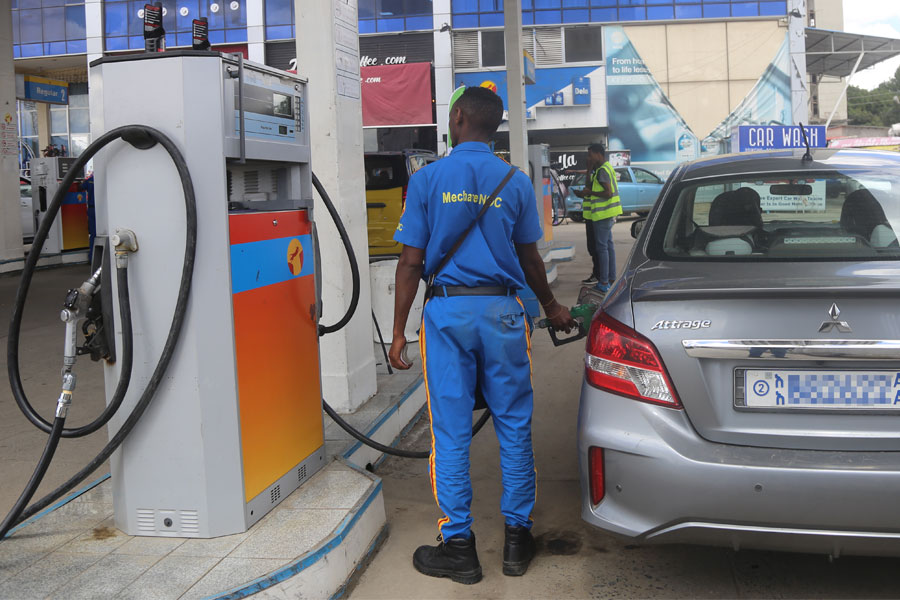
Fortune News | Oct 13, 2024
Last week, Finance Minister Ahmed Shide conversed closely with Ousmane Dione, the World Bank's country director for Eritrea, Ethiopia, South Sudan, and Sudan at the Hyatt Regency Hotel, on Africa Avenue (Bole Road). The occasion marked the launch of the World Bank's Country Climate & Development Report (CCDR) for Ethiopia, which pronounced the country's need for 27.6 billion dollars in financing over the next quarter-century to combat the effects of climate change.
The report paints a grim picture of Ethiopia's escalating climate risks, forewarning that these could exacerbate existing issues. Amid these concerns, World Bank economists reiterated the call for Ethiopia to embrace greater economic liberalisation and a market-led policy approach as antidotes. The Finane Minister of a country with disproportionate efforts in responding to climate change effects, Ahmed stressed his country's need for "adequate financing" to support its green economy. The discussions come at a time when Ethiopia is also engaging with senior representatives from the International Monetary Fund (IMF), negotiating to finalise a set of economic reforms. These reforms are crucial for accessing a much-anticipated 3.5 billion dollar package. Speculation around foreign exchange liberalisation has been rampant, with no clear direction from the central bank, despite forecasts from credit rating agencies, such as Fitch, anticipating a gradual depreciation of the Birr.
These signal a busy period ahead for Minister Ahmed and his team as they deal with international finance, climate change, and economic policy reforms.
PUBLISHED ON
Mar 02,2024 [ VOL
24 , NO
1244]

Fortune News | Oct 13, 2024

My Opinion | Jun 14,2025
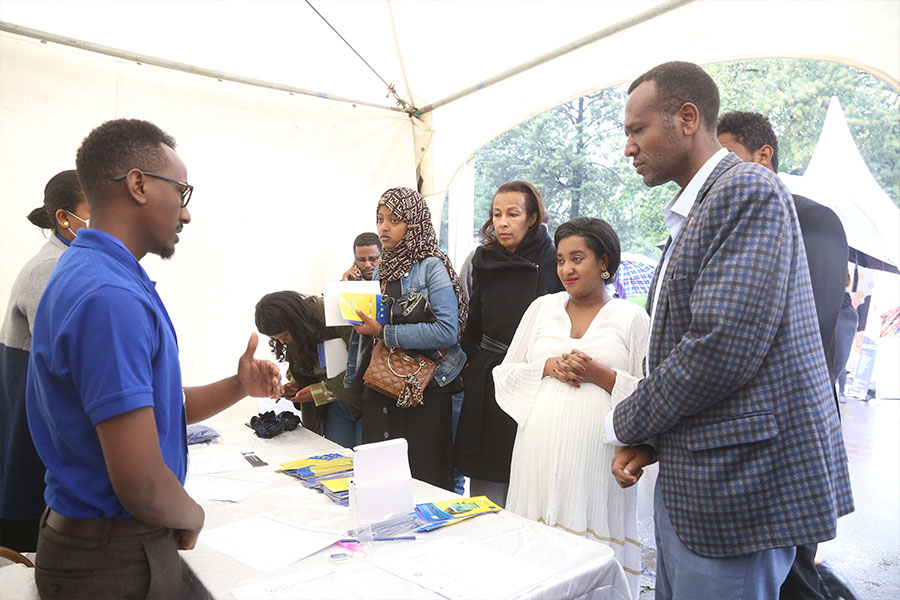
Radar | Jul 03,2022

Fortune News | Dec 04,2022
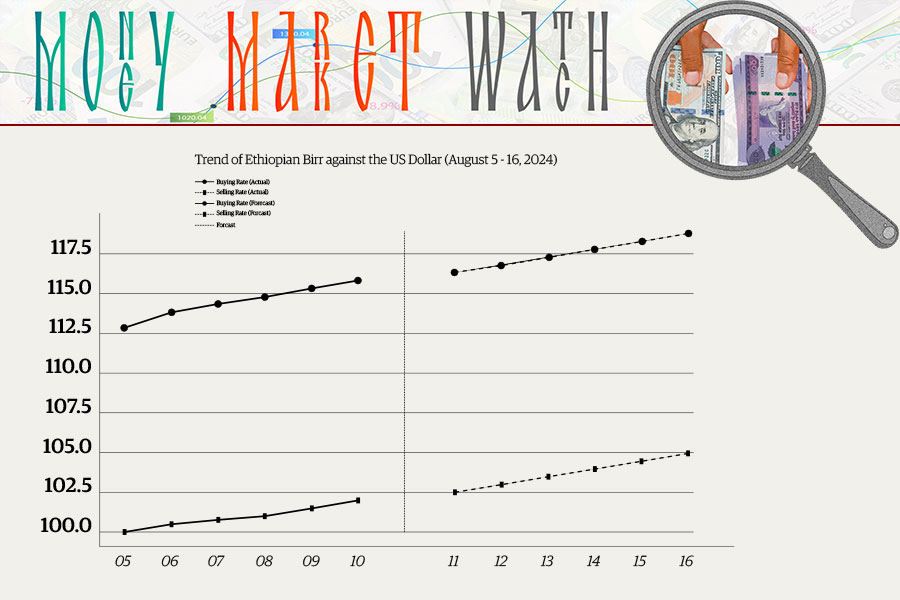
Money Market Watch | Aug 11,2024
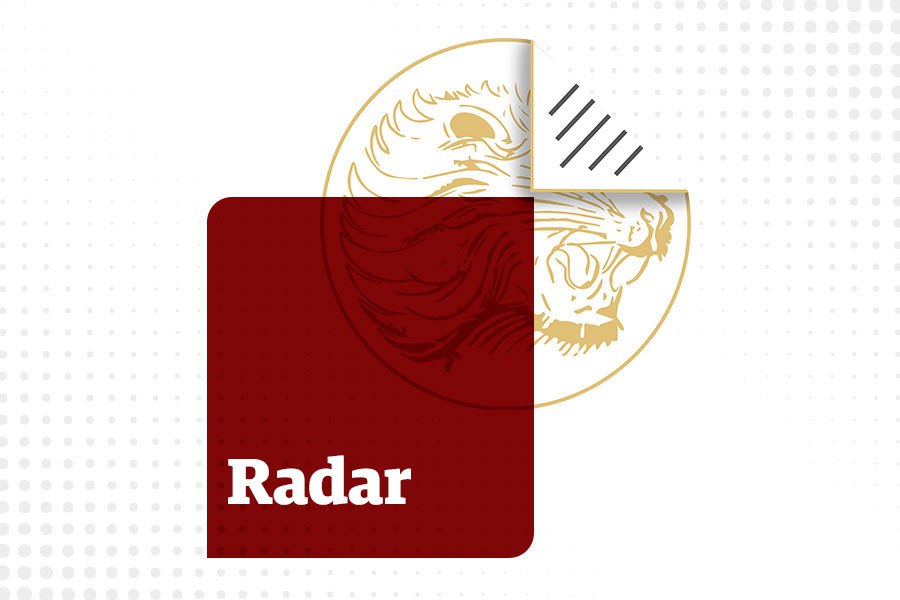
Radar |

News Analysis | Mar 09,2024

Year In Review | Sep 07,2025
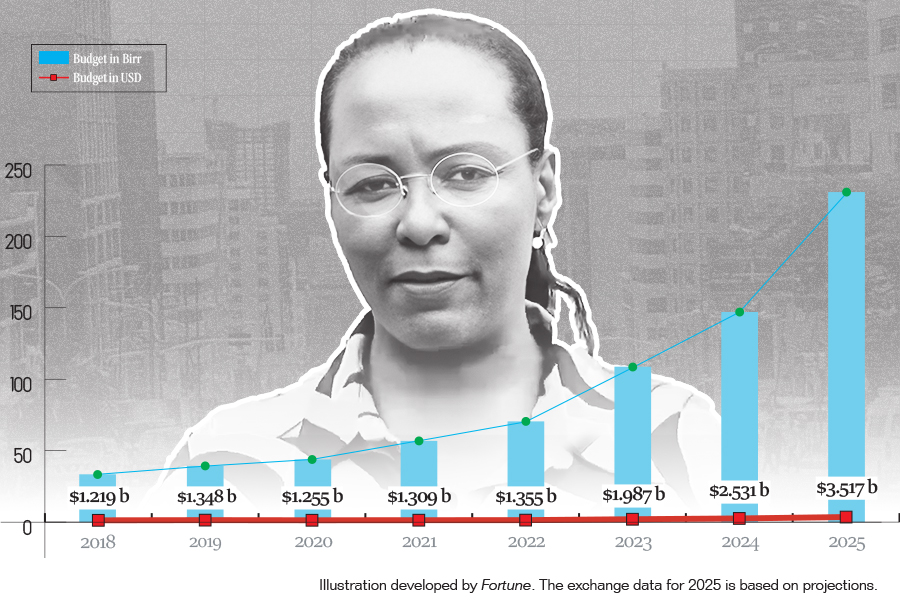
Fortune News | Jul 21,2024
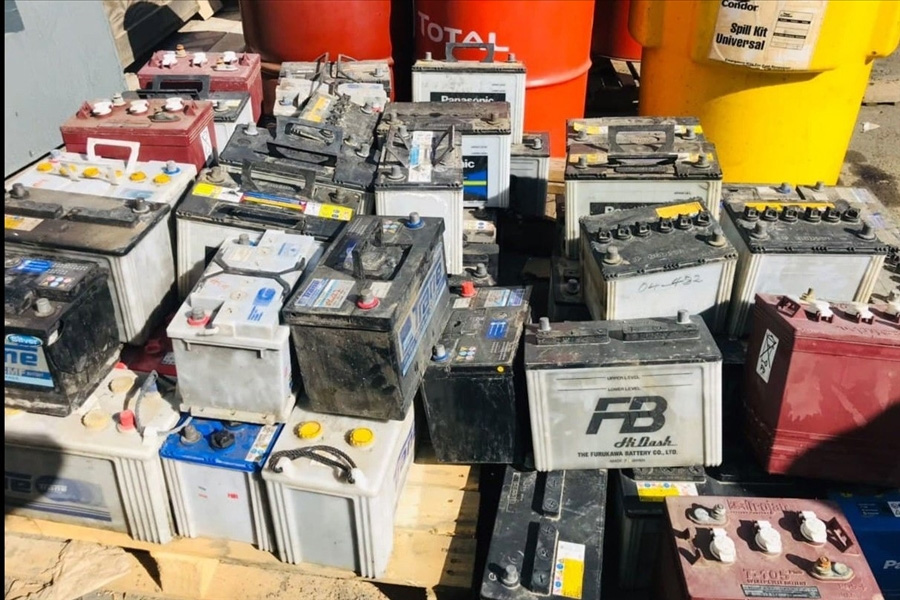
Fortune News | Dec 15,2024

Dec 22 , 2024 . By TIZITA SHEWAFERAW
Charged with transforming colossal state-owned enterprises into modern and competitiv...

Aug 18 , 2024 . By AKSAH ITALO
Although predictable Yonas Zerihun's job in the ride-hailing service is not immune to...

Jul 28 , 2024 . By TIZITA SHEWAFERAW
Unhabitual, perhaps too many, Samuel Gebreyohannes, 38, used to occasionally enjoy a couple of beers at breakfast. However, he recently swit...

Jul 13 , 2024 . By AKSAH ITALO
Investors who rely on tractors, trucks, and field vehicles for commuting, transporting commodities, and f...

Oct 4 , 2025
Eyob Tekalegn (PhD) had been in the Governor's chair for only weeks when, on Septembe...

Sep 27 , 2025
Four years into an experiment with “shock therapy” in education, the national moo...

Sep 20 , 2025
Getachew Reda's return to the national stage was always going to stir attention. Once...

Sep 13 , 2025
At its launch in Nairobi two years ago, the Africa Climate Summit was billed as the f...